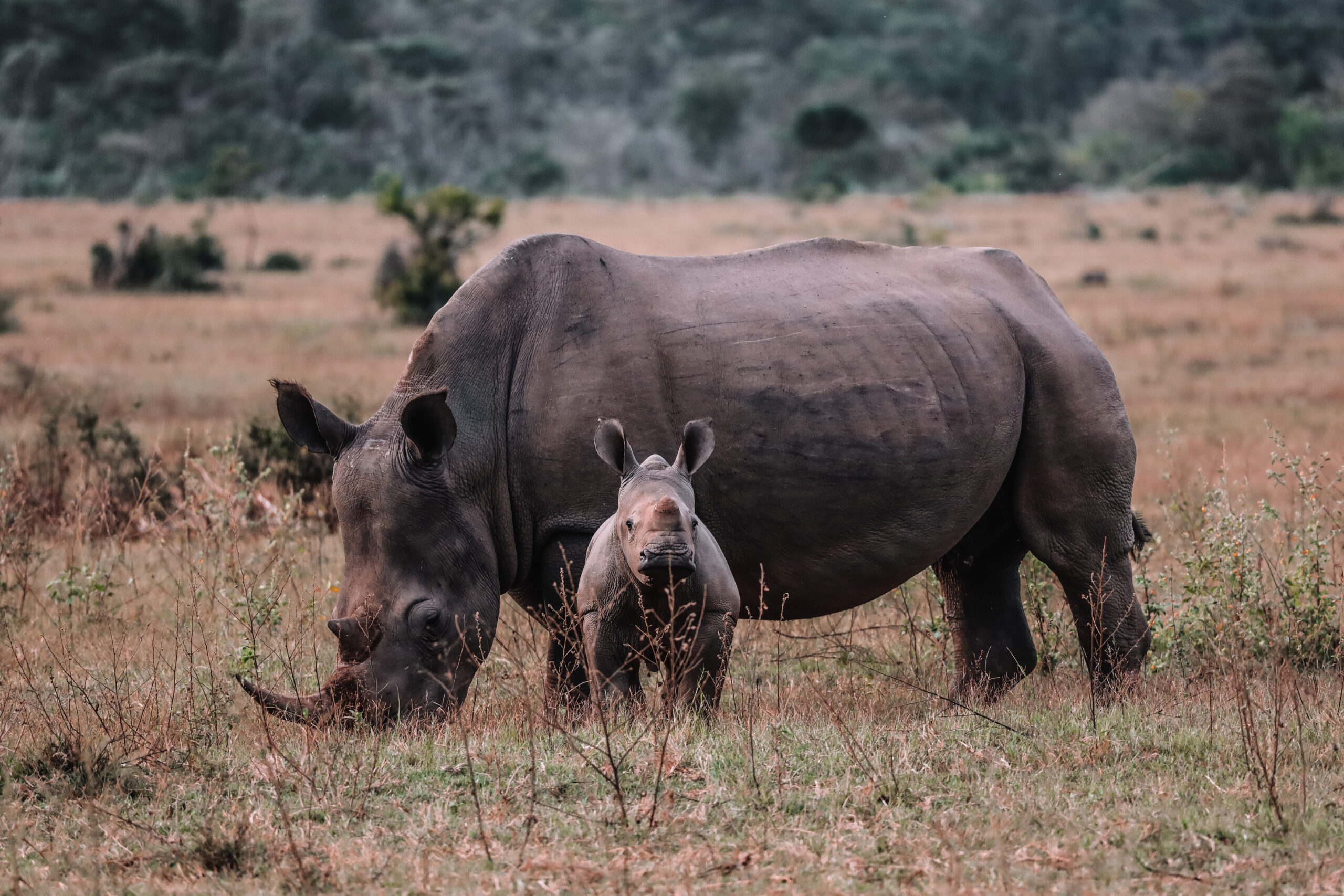These fees are usually added per guest, per night or per day. Their full amount goes directly to keeping the landscapes wild, the wildlife protected, and the safari experience sustainable for generations to come. The amount is set by the park or reserve itself and is used to fund conservation and anti-poaching projects but also to pay salaries, maintain infrastructure, ensure habitat restoration, facilitate wildlife research and support community development programmes. As concessionaires who lease the land our lodges are on, we are unable to undertake conservation work ourselves so this model allows our company and our guests to support this work in a meaningful and sustainable way.
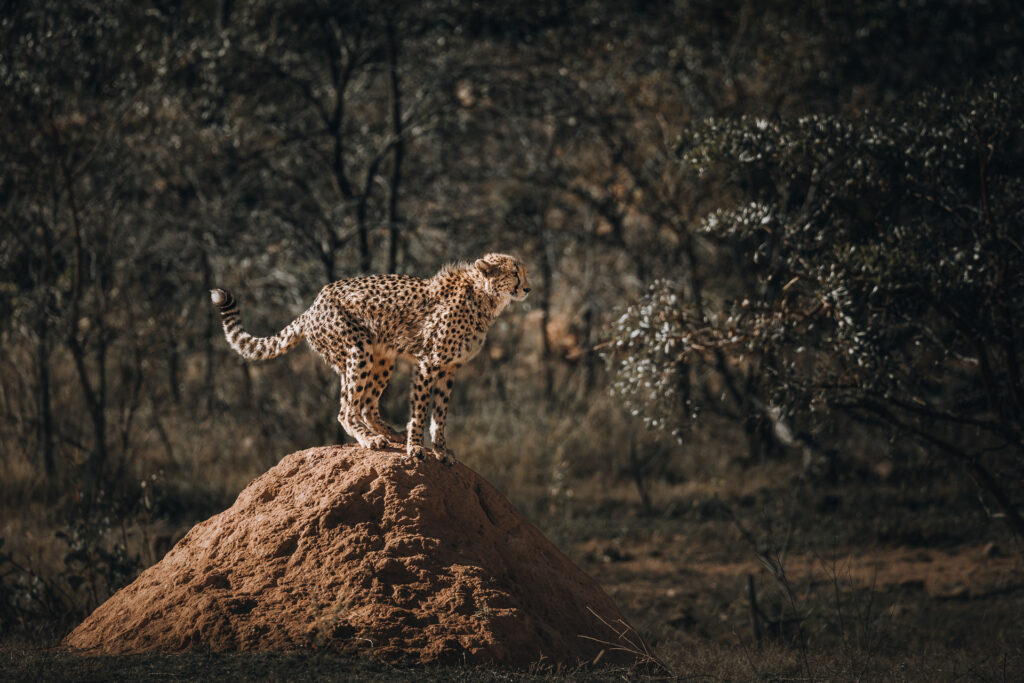
Far from being a hidden cost or a grudge spend, conservation fees are investments into the long-term sustainability of a habitat that supports an array of flora and fauna. In fact, the preservation of these wilderness areas benefits not only the indigenous and endemic species that thrive there but the future of humanity too – without healthy habitats and the interconnected web of biodiversity, we would also cease to exist.
WHY CONSERVATION FEES MATTER
Running a wildlife or nature reserve is a rewarding and important undertaking, but it’s also complex and costly. Just like any business, reliable cash flow and a sustainable source of income are required to keep the lights on, and your conservation fees make up a sizeable chunk of that revenue stream.
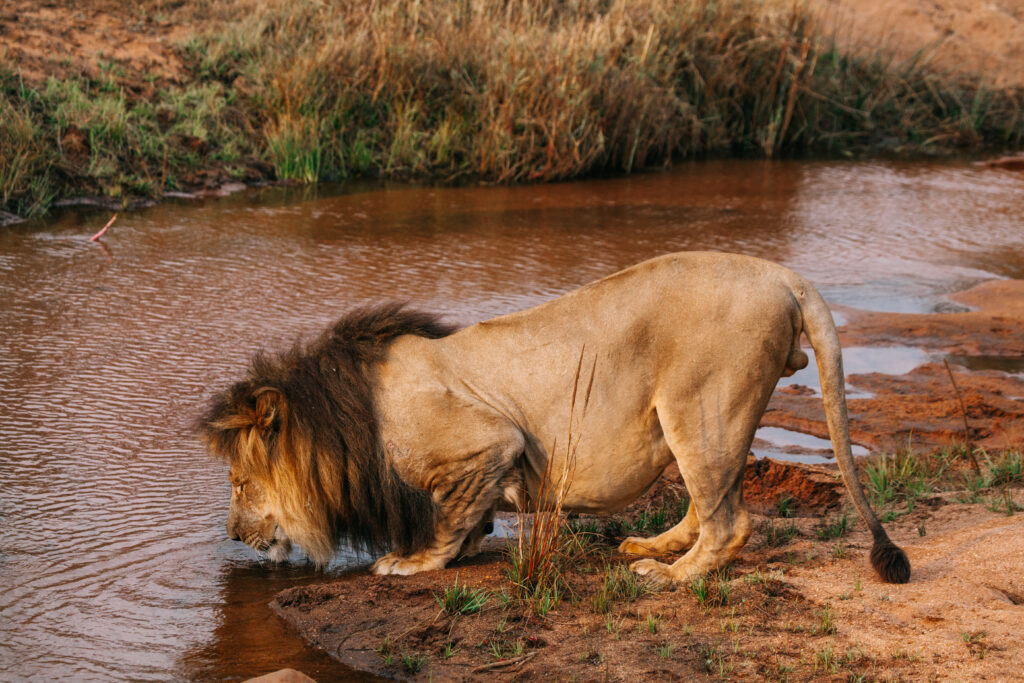
Nature-based tourism is one of the most significant sources of funding for conservation in Africa, while also acting as an engine for development, providing economic benefits to communities living around these areas. The COVID-19 pandemic, when tourism to Africa disappeared overnight, was a stark reminder of the symbiotic nature of this relationship: without visitor contributions, conservation comes to a halt. That’s why these fees are so important – they’re a lifeline, ensuring that when you visit, you’re not just a spectator, you’re part of the work that prevents these wild places from vanishing.
CONSERVATION AT WELGEVONDEN GAME RESERVE
This exquisite reserve in the Waterberg, is home to Tshwene Lodge and Ekuthuleni Lodge, as well as thriving Big 5 population – including rhinos. The protection of these animals, as well as all the others in the reserve, is Welgevonden management’s top priority. Conservation fees here help to fund anti-poaching units, monitoring programmes and broader biodiversity management. They also support habitat restoration, fire management and the dedicated team of rangers who safeguard this wilderness 24/7/365.
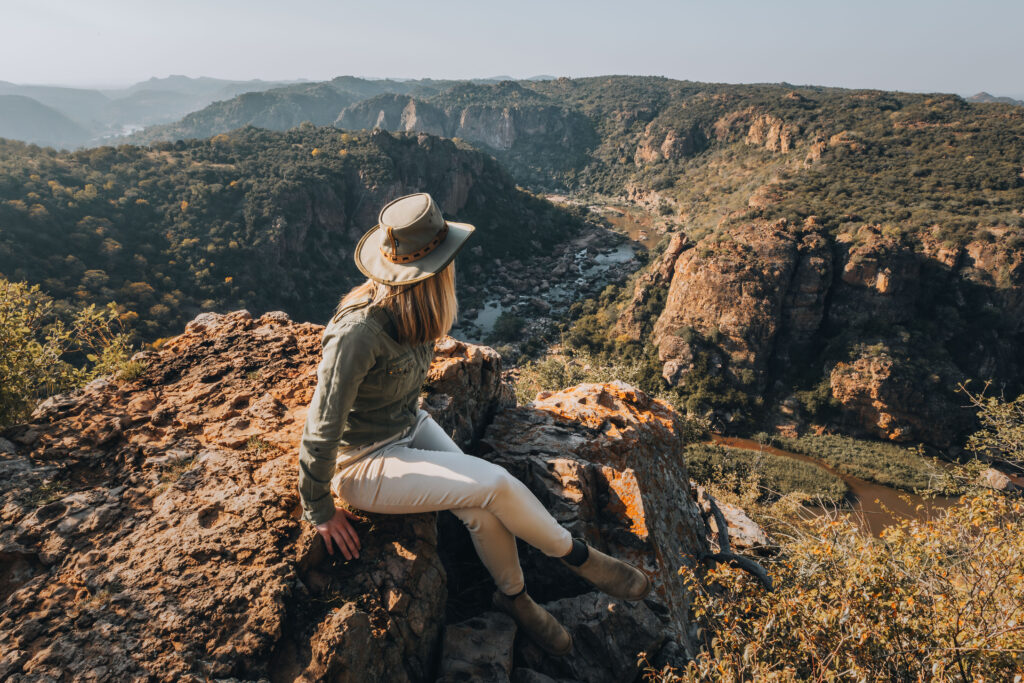
CONSERVATION IN THE NORTHERN KRUGER
The land surrounding The Outpost and Pel’s Post is leased to the Kruger National Park by the Makuleke community; the ancestral owners of this remote wilderness on South Africa’s northern border. SANParks is responsible for day-to-day conservation and maintenance of the concession, while the Community Property Association (CPA) handles the tourism side of the model. They are effectively our landlords, and we work in close proximity with them and our fellow concessionaires to build awareness of this remarkable place and grow the revenues required for its conservation and that of the community.
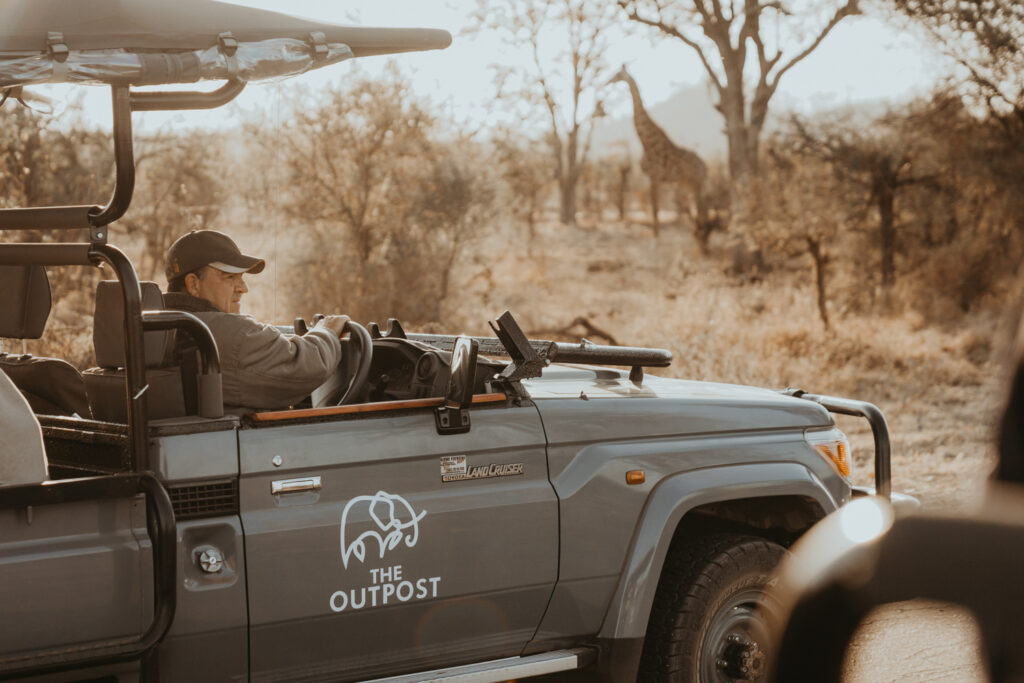
YOUR ROLE IN THE BIGGER PICTURE
We know the feeling of wanting to help, to get involved or make a contribution, and it can be hard to know where to start when considering a problem as big and complicated as conservation. Industry greenwashing also muddies the waters, making it difficult for guests to differentiate between companies genuinely working towards a more sustainable environment and those with a less robust moral compass.
At Rare Earth, we aren’t trying to pretend we’re something we’re not. As concessionaires (rather than owners) of two of South Africa’s most beautiful game reserves, we can’t establish our own anti-poaching units, undertake scientific research or proactively manage wildilfe populations, but we can certainly help to make those things happen. We also have an opportunity to make a significant impact in neighbouring communities, like the Makuleke, and contribute to the mutually beneficial ecotourism business model that underpins their livelihoods.
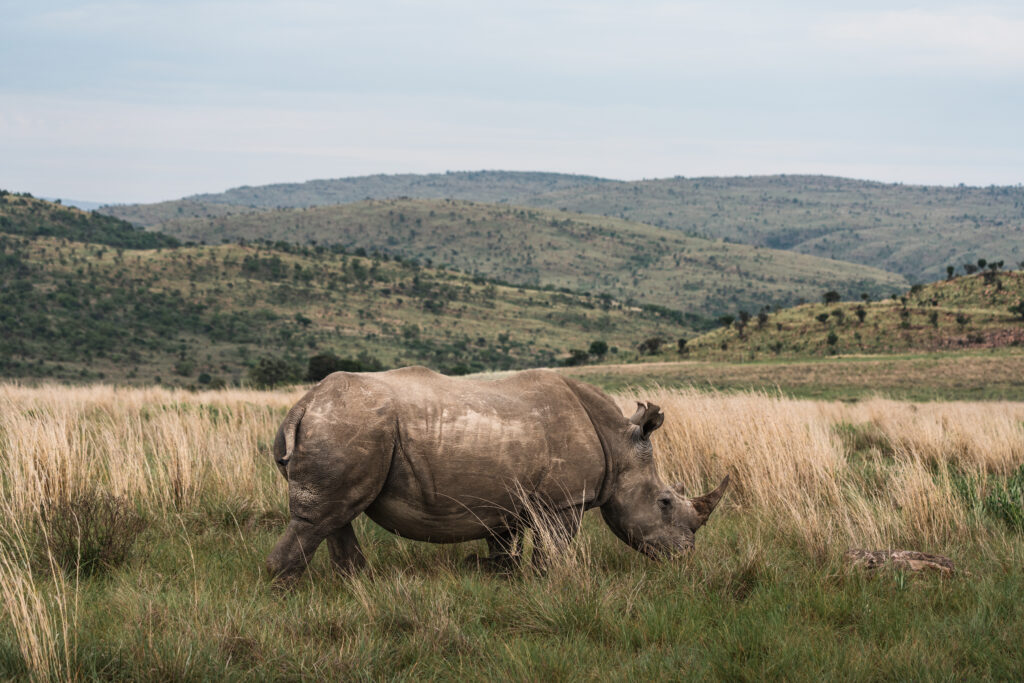
So when you see that extra line item on your booking, you can be assured that it isn’t just a sneaky extra – it’s a direct investment into protecting rhinos at Welgevonden, purchasing fuel for the rangers who patrol Kruger day and night, and providing resources for schools and clinics in rural villages. Conservation fees are how every safari guest becomes part of something bigger – the reason that the raw, untouched beauty you experience today will still be there tomorrow.
